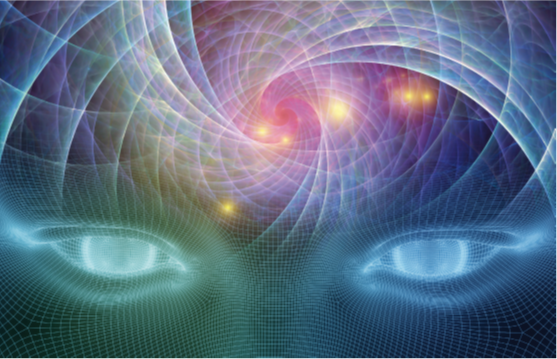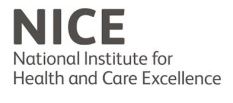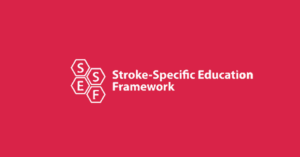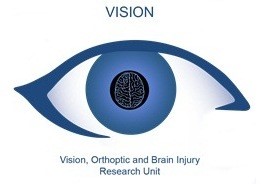Stroke and Neuro Rehabilitation

CAG Leads
- Anthony Evans and Alex Green
- Email: [email protected]
- The aim of the CAG is to promote dedicated Orthoptic services for individuals who have had a stroke or neurological deficit. Our target is to promote specialised assessment, treatment and research for this complex group and for Orthoptists to have a role as part of the multi-disciplinary team in improving a patient’s rehabilitation journey.
For further information on the role of Orthoptists in Stroke Services please read our position statement below.
Updates
If you’re interested in stroke or neuro rehabilitation, the best way to keep up with the latest news and events is via the member forum.
Follow us on Twitter:
You can also keep up to date via social media. The Stroke & Neuro Rehab CAG are active on Twitter, along with a number of other organisations well worth following:
Information and resources for patients
BIOS have produced a series of information leaflets for patients containing information on different conditions and tips for managing the symptoms.
Other resources
Web-based therapies: There are now a number of app and web-based activities available, which are designed for visual field loss therapy and visual neglect following stoke. We’ve put together a leaflet introducing some you may find helpful.
[English] [English Large Print]
The VISION Research Unit at the University of Liverpool have developed a number of resources that are available free of charge to patients and their families / carers. You can access them here.
The Stroke Association have information, resources and can provide support to patients and their carer’s. Please follow the link to access.
The RNIB provide information and resources to patients and carer’s as well as visual aids that may be useful. Please use the link to access.




